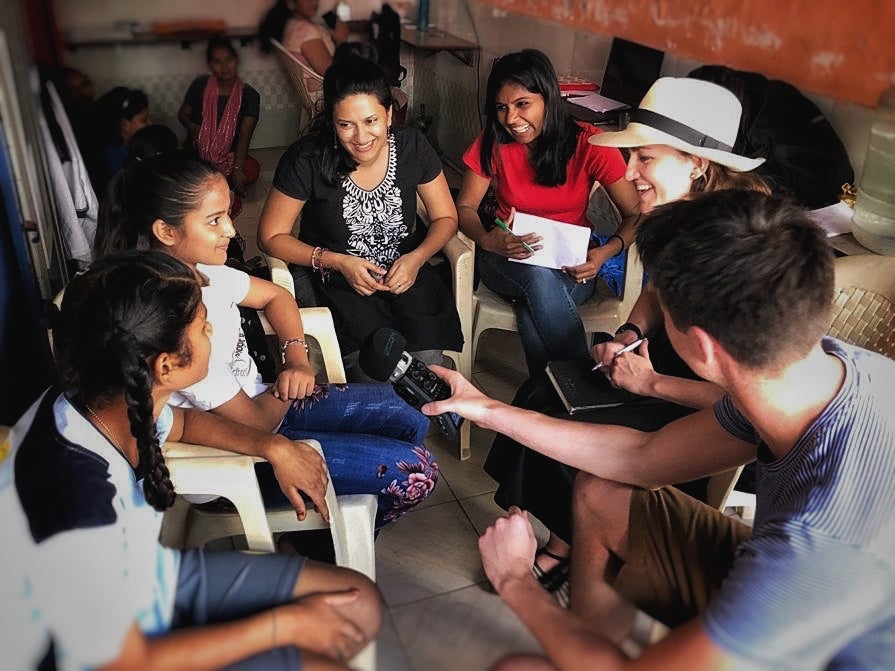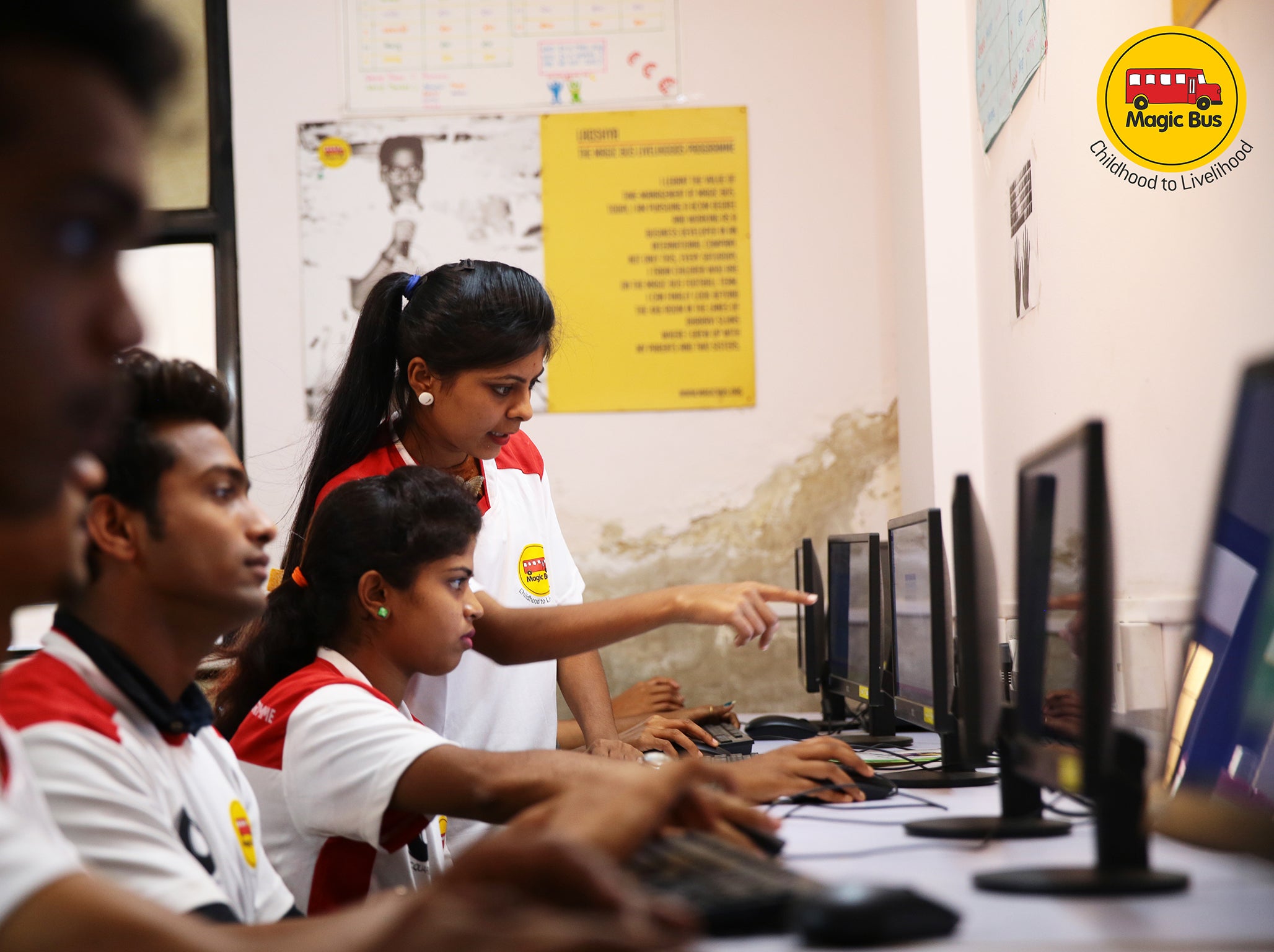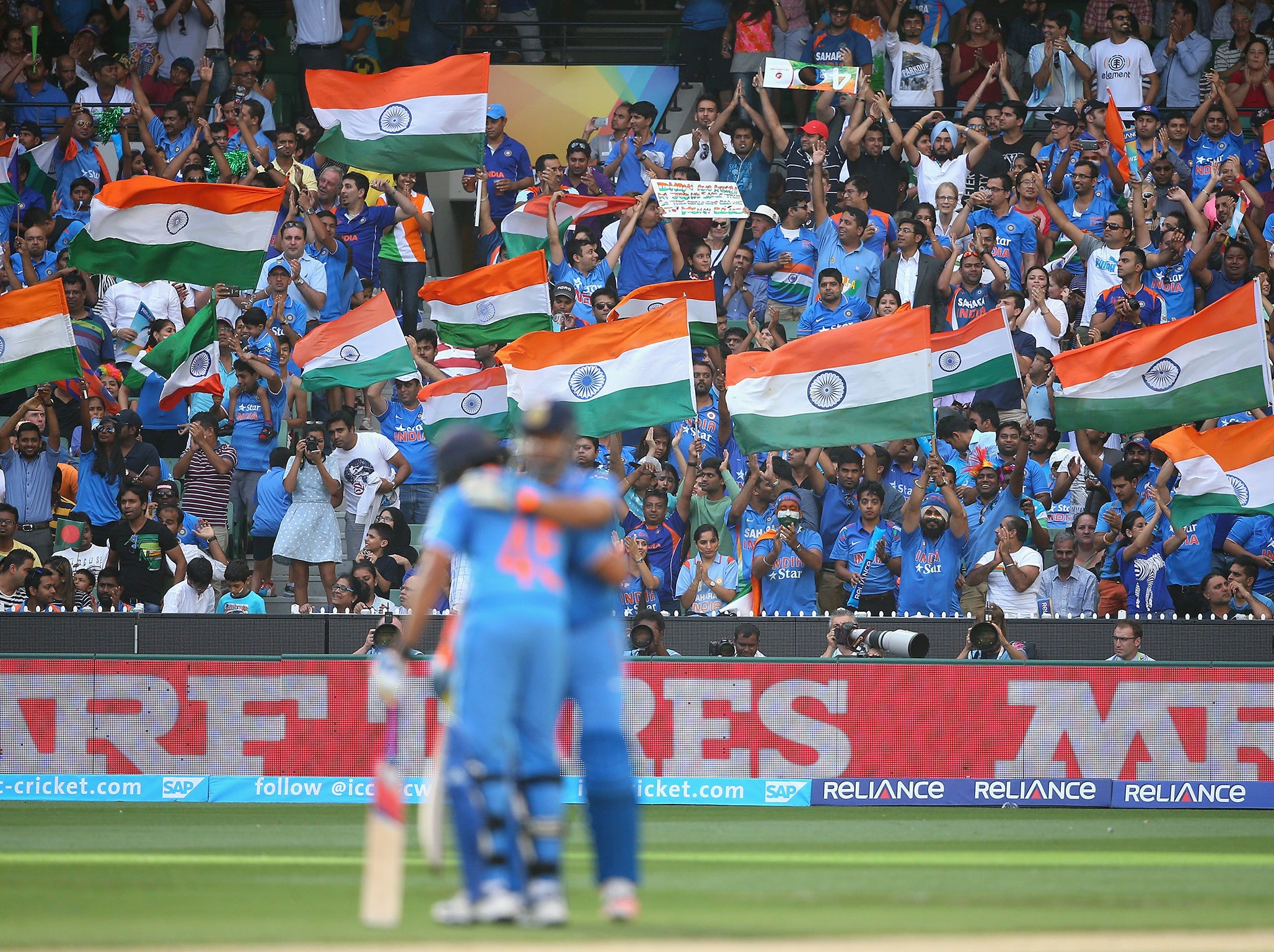Meet the girls hoping to fire India to Street Child Cricket World Cup glory
Interview: The tournament hopes to raise awareness of issues faced by street children and to change negative perceptions towards them. It is also a chance for girls to perform on the same platform as their male peers

Your support helps us to tell the story
From reproductive rights to climate change to Big Tech, The Independent is on the ground when the story is developing. Whether it's investigating the financials of Elon Musk's pro-Trump PAC or producing our latest documentary, 'The A Word', which shines a light on the American women fighting for reproductive rights, we know how important it is to parse out the facts from the messaging.
At such a critical moment in US history, we need reporters on the ground. Your donation allows us to keep sending journalists to speak to both sides of the story.
The Independent is trusted by Americans across the entire political spectrum. And unlike many other quality news outlets, we choose not to lock Americans out of our reporting and analysis with paywalls. We believe quality journalism should be available to everyone, paid for by those who can afford it.
Your support makes all the difference.I was 13 when gender first played a defining role in my life. I was lucky, in a way, that it came as late as it did. Prevented by football’s national governing body from playing competitively with boys, there was no nearby girls team to join instead. Even if there had been, the opportunity to play alongside my friends, as I had done until then, vanished overnight.
Instead I turned to cricket, where these barriers appeared not to exist. It is at this same age that cricket is now also offering Shama an opportunity not to be defined by her gender. Unlike me however, Shama has been aware of the role her gender plays in her life, and the challenges that this brings, since the day she was born.
Shama, alongside Bhavani, 15, are two participants in the Magic Bus India Foundation’s programmes. They will form part of the contingent representing team India South at this year’s Street Child Cricket World Cup. The tournament is run by Street Child United, an English charity which, since their founding in 2009, have organised sports events for street children around the world in conjunction with football World Cups and more recently the Olympic Games.
This will be their first cricket tournament and in India, where cricket is less a sport and more a religion, this is a big deal.
Each event precedes the main (and in the case of cricket and football, men’s) tournament, taking place in the same host city, benefitting from the media attention that the ensuing events bring. Sourav Ganguly, the former India men’s captain, was last month named the India Ambassador for the tournament. Its aim is to raise awareness of the issues faced by street children and to change the negative perceptions towards them. It is also an opportunity for girls to perform on the same platform as their male peers.
“This is the first time I will play with boys,” explains Bhavani, who, like Shama, lives in Mankhurd, a large slum on the outskirts of Mumbai. “I wasn’t expecting to play with boys but this is a great opportunity to represent India. I am also representing my community in this tournament and I will come back and share my experience with the other girls.”
Shama and Bhavani live in temporary structures whose inhabitants often don’t have legal documents. The owners of these structures are often migrants from other areas of the country and without legal identities or documents, families, like those of Shama and Bhavani, frequently face the destruction of their homes. This can occur up to three or four times a year and is very disruptive to the children’s education.
“Another challenge is that the parents in the community don’t allow their girl children to play outside their homes,” continues Bhavani. “The dress also matters because when we play we have to wear some comfortable clothes but many parents don’t allow us to wear shorts and jerseys. However I am very lucky to have parents that know the Magic Bus very well and I have a mentor so my parents allow me to play at their playground.”
The Magic Bus India Foundation was founded 20 years ago by Englishman Matthew Spacie, at the time the COO of a travel agency in Mumbai. After inviting a group of boys living at the bus stop across the street from his offices to play an impromptu game of rugby, Spacie grew to recognise the power of sport to bring different backgrounds and genders together. The charity, which now operates throughout India, aims to break the cycle of poverty through an activity-based curriculum.

“I am very lucky that I am part of this programme and I am coming and playing here,” agrees Shama. “But I am very upset that the other girls, my friends, are not getting the equal opportunities. Their parents are not sending my friends to play. It is not fair that the other girls are not being treated equally compared to the way boys are treated.”
For Shama and Bhavani, it is not the choice of sport however which will help change attitudes, but the visibility that such a tournament will hopefully offer. “We never get the opportunity to play in the game [of cricket],” laments Shama.

“I do not think that this is a sport that allows for girls in the community to play in the game. When we have asked our friends in the past they have rejected many times to be a part of the sport. Most of the time the boys say that cricket is only for boys, not for girls.”
“If there is coverage in the newspapers and news channels then the neighbours from my community might recognise me as a role model,” hopes Bhavani. “Then the other parents may have that feeling that my girl child can take part in the [Magic Bus] programme.”
“When we go to London, the boys will definitely want to play with the girls because we will be representing India in England,” adds Shama. “We are playing for our country and when we come back they will definitely want to play with the girls because we will be famous then.” Only then, reflects Bhavani, might this “help the boys to encourage their own sisters to come and play.”

Accompanying Shama and Bhavani to London will be Parvati Pujari, a manager at the Magic Bus India Foundation who, now 27, has personally benefitted from the charity’s programme. I ask how she hopes sport might help achieve gender equality in India. Parvati apologises for offering her own story as an example. “I have five sisters and my parents always wanted a boy child, but they didn’t get one,” Parvati explains. “All three of my older sisters got married at the age of 12 and 13.”
“They never went to school and they did not have the opportunity to choose their own life partner. I did not want to repeat this and I was lucky to become a part of the Magic Bus programme when I was nine years old. It was here that I learned that I have the same equal rights as boys.”
“Magic Bus is changing many children’s lives like this,” Parvati continues. “We have a really good sports and activity-based programme where we learn about children’s rights in that whatever boys can do, girls can do too. Things like going for higher education, pursuing their own dreams, gaining negotiating skills - you can negotiate with your parents, your community or if you have your own things you have to negotiate. The negotiations skills that I have have all been learned from this course and its activities.”

Bhavani and Shama gleefully informs me that they have a “99%” chance of winning their tournament, so I ask them what the prospects of the men’s team might be in the ensuing Cricket World Cup. Expecting the obvious answer, Bhavani offers a more considered opinion.
“The most deserving team will win,” she muses, before adding, “however, the India men’s team practice very hard, and that is why I am very sure that they will win.”
Join our commenting forum
Join thought-provoking conversations, follow other Independent readers and see their replies
Comments